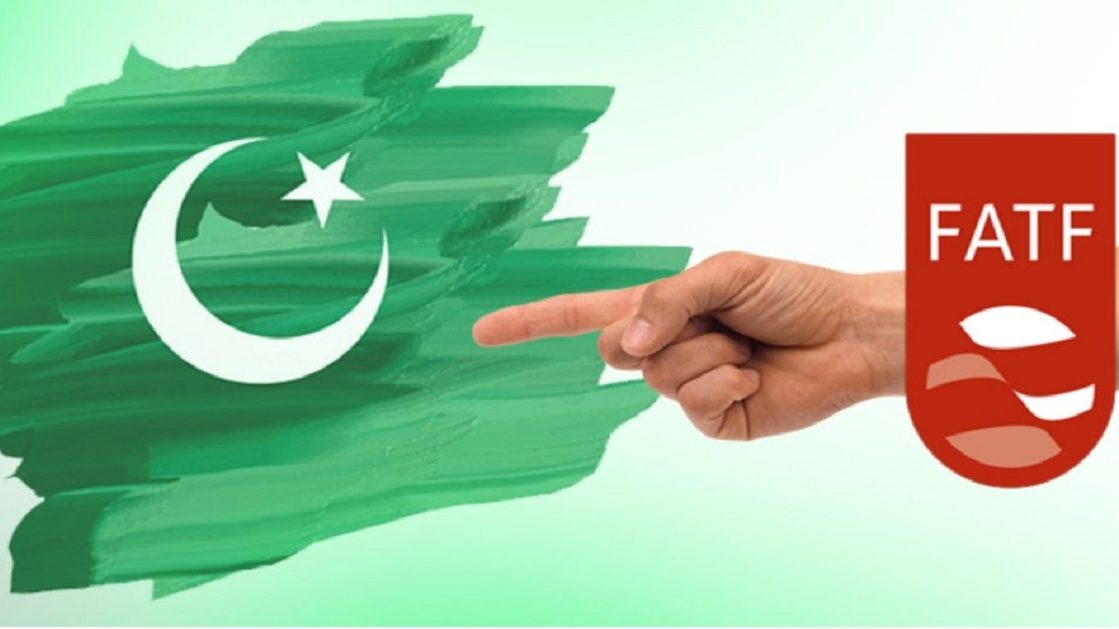In a major step towards embracing digital finance, the Government of Pakistan has officially launched the Pakistan Digital Assets Authority (PDAA) — a dedicated regulatory body designed to oversee and promote the country’s digital asset landscape in accordance with international standards set by the Financial Action Task Force (FATF).

According to a statement from the Ministry of Finance, the establishment of PDAA is part of a broader national strategy to develop a secure, innovative, and inclusive virtual economy. The initiative follows key recommendations by the newly formed Pakistan Cryptocurrency Council (PCC), which aims to bring structure and accountability to blockchain-driven financial technologies.
Finance Minister and PCC Chairman Muhammad Aurangzeb emphasised that the creation of PDAA marks a transformative moment in Pakistan’s financial history. “We’re not just adapting to the digital economy — we’re positioning ourselves to lead. The PDAA will foster a regulatory environment that protects users, attracts global investors, and promotes financial innovation,” he stated.
The PDAA will function as an autonomous authority tasked with licensing, compliance monitoring, and overseeing innovation across all major digital asset domains. These include crypto exchanges, digital wallets, blockchain platforms, tokenisation services, stablecoins, and decentralised finance (DeFi) projects.
This strategic move aligns Pakistan with pioneering global economies such as the UAE, Singapore, Japan, and Hong Kong, which have already established clear regulatory mechanisms for digital assets to drive innovation and ensure compliance with global financial practices.
With the digital asset space in Pakistan estimated to exceed $25 billion in informal trading, the PDAA is expected to bring this activity under regulation, introduce legal frameworks for tokenising government and national assets, and enable Bitcoin mining using surplus energy through lawful channels.
Additionally, the Authority will provide growth opportunities for the country’s youth and entrepreneurs by supporting scalable blockchain solutions, fostering Web3 development, and unlocking new digital export opportunities.
“This is a foundational step towards a digitally empowered economy,” noted Bilal Bin Saqib, CEO of the PCC. “It’s not just about cryptocurrency; it’s about transforming Pakistan’s financial landscape through Web3 innovation, financial inclusion, and the tokenisation of real-world assets.”
With the launch of PDAA, Pakistan is not only aligning with global regulatory norms but also preparing to lead in the digital economy by fostering trust, innovation, and sustainable growth in the virtual asset sector.